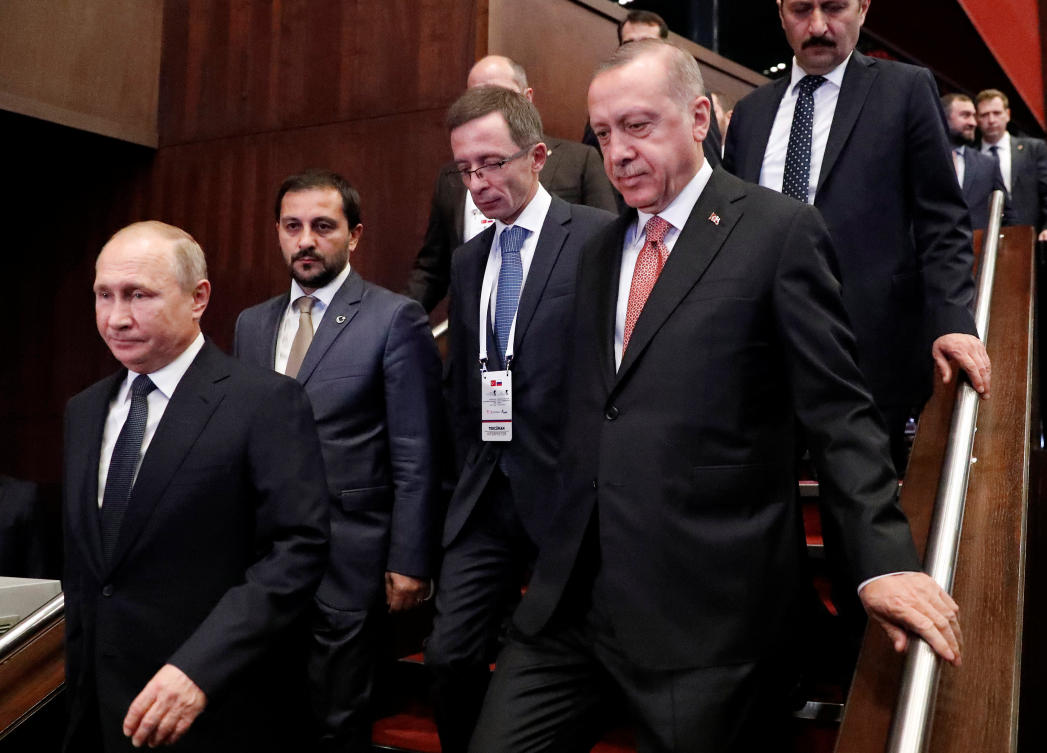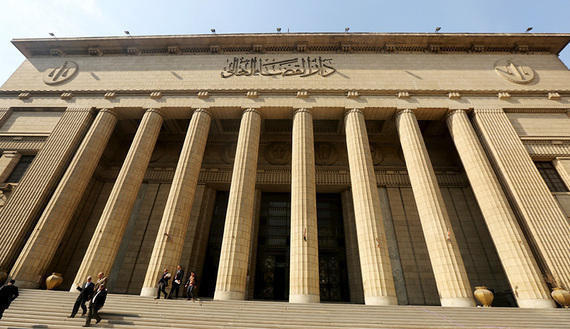JERUSALEM: Israeli Prime Minister Benjamin Netanyahu resisted calls for snap polls Sunday, saying Israeli elections now would be “unnecessary and wrong,” ahead of what he called last-ditch talks to hold his embattled coalition together.
Netanyahu’s right-wing coalition was thrown into crisis Wednesday after Defense Minister Avigdor Lieberman’s resignation over a controversial Gaza cease-fire deal, leading to speculation over whether early elections have become inevitable.
After Lieberman’s withdrawal along with his Yisrael Beitenu party, Netanyahu’s government was left clinging to a one-seat majority in the 120-seat Parliament.
Key coalition partners say that is unworkable.
Netanyahu, who has sought to delay calling elections, made his case at the Cabinet meeting on Sunday.
 “In a period of security sensitivity, it’s unnecessary and wrong to go to elections,” Netanyahu said.
“In a period of security sensitivity, it’s unnecessary and wrong to go to elections,” Netanyahu said.
He noted past instances when right-wing governments had called elections that did not turn out as they had hoped.
“We need to do whatever we can to avoid such mistakes,” he said.
Elections are not due until November 2019.
Education Minister Naftali Bennett of the far-right Jewish Home party, which holds eight seats in Parliament, has demanded the defense portfolio as a way of keeping the government together.
Netanyahu says he will take it over at least temporarily rather than hand the key ministry to one of his main right-wing rivals, though a last-minute deal could not be ruled out.
On Saturday, Bennett told Israeli television that Lieberman had “collapsed the government.”
“There is no more government and we are heading toward elections,” he said. “There is no other alternative.”
Bennett declined to comment to journalists when entering Sunday’s Cabinet meeting, but Justice Minister Ayelet Shaked of his Jewish Home party said in a statement that making him defense minister was “the only justification” to keep the government together.
Conflicting reports
Netanyahu met Bennett on Friday, but conflicting reports emerged from their discussions.
A source close to Bennett said the two had agreed that “it would be senseless to continue” with the same coalition.
“They will set a date for elections when they meet with the (other) coalition partners on Sunday,” the source said.
Within minutes, a statement from Netanyahu’s Likud said that was wrong.
“The prime minister told minister Bennett that rumors that a decision has been made to go to elections are not correct,” it said.
The crisis was set into motion with Lieberman’s resignation over the cease-fire that ended the worst escalation between Israel and Palestinian militants in Gaza since a 2014 war.
Separately, Netanyahu welcomed a US decision to vote for the first time against an annual UN resolution condemning Israel’s occupation of the Golan Heights.
“I would like to thank President (Donald) Trump and Ambassador (Nikki) Haley on this important and just vote that is completely in keeping with my policy,” Netanyahu said at the start of a Cabinet meeting.
“Israel will always remain on the Golan Heights, and the Golan Heights will always remain in our hands.”
The US voted against the UN resolution on Friday, dropping its practice of abstaining.
The non-binding text was adopted in a General Assembly committee by a vote of 151 to 2, with the US and Israel the only two countries opposing the measure. Fourteen countries abstained.
Haley called the resolution “useless” and “plainly biased against Israel,” citing concerns about Iran’s military role in Syria to oppose the measure.
The vote continues US practice under Trump of adopting firmly pro-Israel positions.
In September, US ambassador to Israel David Friedman said he expects the Golan Heights to remain under Israeli control “forever.”
Israel seized much of the Golan Heights from Syria in a 1967 war and later annexed it in moves never recognized by the international community.
The resolution declares that the Israeli decision to occupy and annex the Golan was “null and void,” and calls on Israel to rescind its moves.




 “In a period of security sensitivity, it’s unnecessary and wrong to go to elections,” Netanyahu said.
“In a period of security sensitivity, it’s unnecessary and wrong to go to elections,” Netanyahu said.